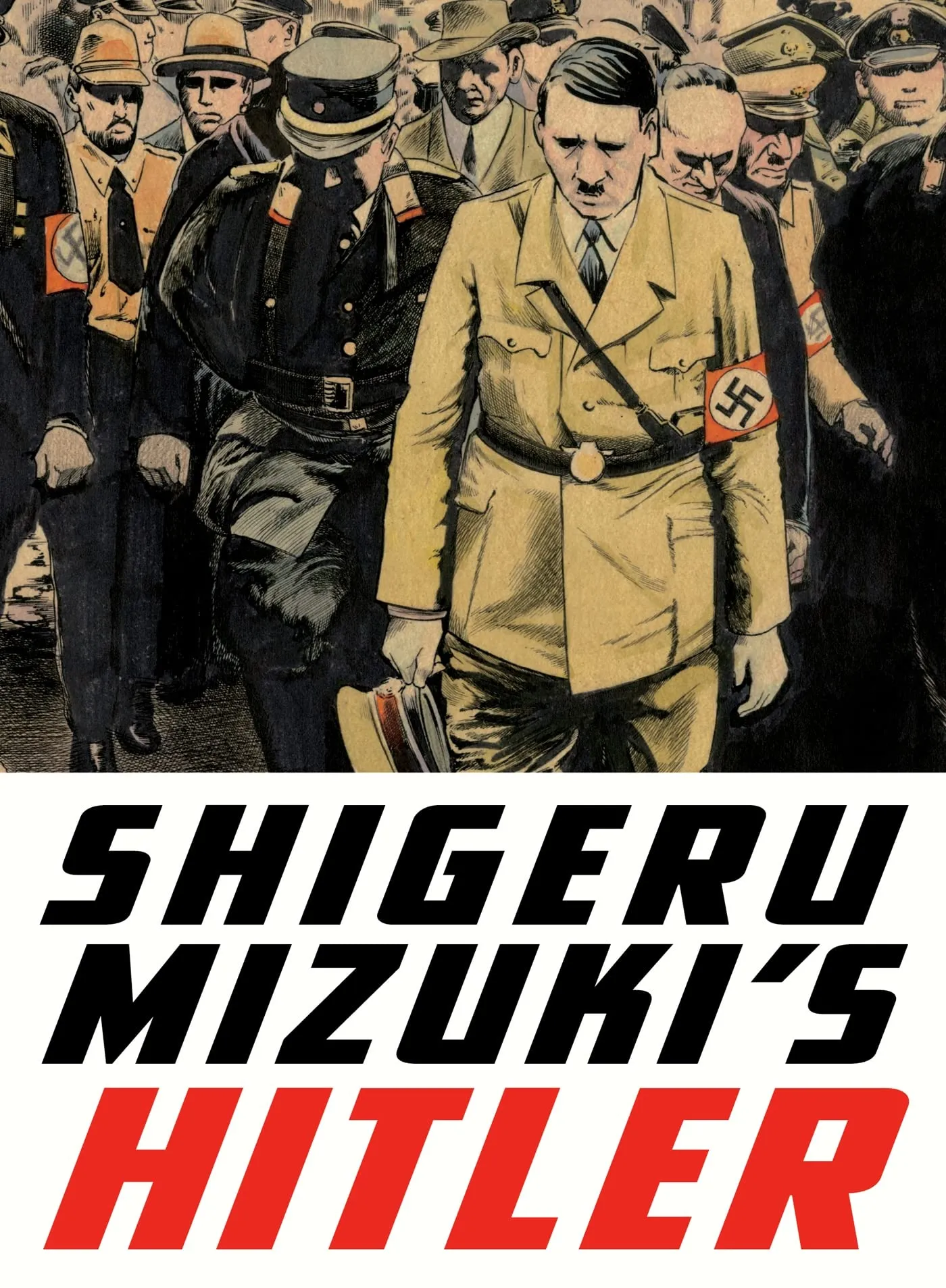Showa 1944-1953: A History of Japan by Shigeru Mizuki – Powerful WWII Insights, Drawn and Quarterly
$20.44
Explore the impactful narrative of WWII’s legacy in Japan through Shigeru Mizuki’s brilliant storytelling.
Description
Showa 1944-1953: A History of Japan is a remarkable volume that delves into the profound impact of World War II on Japan and its people. Authored by the Eisner award-winning Shigeru Mizuki, this book is part of a larger historical and autobiographical narrative that captures the essence of Japanese life in the 20th century.
The story unfolds during the crucial years at the end of the Pacific War, where the author chronicles the devastating consequences of the conflict not only for himself but for the entire nation. Mizuki’s narrative is enriched with personal experiences that illustrate the harsh realities faced during this tumultuous period.
| Key Features | Details |
| Author | Shigeru Mizuki |
| Translation | Zack Davisson |
| Publisher | Drawn and Quarterly |
| Genre | Historical Autobiography |
As the narrative progresses, readers witness the intense battles fought by two rival naval forces, each engaged in a deadly dance of strategy and ruthlessness across the Pacific islands. The volume captures significant events, from the fierce fighting at Guadalcanal to the pivotal clashes at Okinawa, demonstrating Japan’s gradual loss of ground in the face of overwhelming odds.
One of the most harrowing moments depicted in this volume is the introduction of the atomic bomb. This new and horrific weapon represents the ultimate turning point in the war, delivering a blow that reverberates through the pages of history. Mizuki masterfully conveys the catastrophic fallout from both Hiroshima and Nagasaki, illustrating the suffering that surpassed anything the public could have imagined at the time.
In parallel to the broader historical context, Mizuki shares his personal journey. After losing an arm during his military service, he faces a profound personal dilemma. Should he stay on the island of Rabaul, where he has formed deep connections with the local Tolai people, or should he return to his homeland, now reduced to rubble? This decision highlights the struggle of many veterans grappling with their identities in the aftermath of war.
Shigeru Mizuki’s artistic talents shine throughout this work, as he combines compelling storytelling with exquisite illustrations. His unique style allows readers to connect emotionally with the characters and their experiences, making the narrative not just a historical account but also a deeply personal reflection.
This penultimate installment in the Showa series serves as a poignant condemnation of the horrors of war. Mizuki’s ability to weave together personal anecdotes with historical events creates a rich tapestry that leaves a lasting impression on readers. His work is not only a testament to his skill as a cartoonist but also a vital contribution to the understanding of Japan’s past.
Translated by Zack Davisson, this volume ensures that Mizuki’s powerful message reaches a wider audience, allowing readers from all backgrounds to engage with the important themes presented. The narrative resonates with anyone interested in history, art, and the human condition, making it a must-read for those who appreciate the complexities of life during wartime.
Additional information
| brand |
|---|
Related products
-

Blank Comic Book – Draw Your Own Comics – 122 Pages, 8.5′ x 11′, 15 Templates for Creative Storytelling
$6.99 Add to cart -

Showa 1926-1939: A History of Japan by Shigeru Mizuki – Captivating Historical Portrait
$21.98 Add to cart -

Onward Towards Our Noble Deaths by Shigeru Mizuki – A Landmark Anti-War Manga Book
$20.29 Add to cart -

Showa 1939-1944: A History of Japan by Shigeru Mizuki – War, Transformation & Survival in WWII
$26.39 Add to cart -

Yokai: The Art of Shigeru Mizuki – A Journey Through Japan’s Mythical Folklore in Vivid Color
$44.95 Add to cart -

Showa 1953-1989: A History of Japan – The Final Volume in Shigeru Mizuki’s Acclaimed Series
$24.95 Add to cart -

Shigeru Mizuki’s Hitler: A Graphic Biography of the WWII Man Behind the Holocaust
$20.86 Add to cart -

Showa 1944-1953 Book by Shigeru Mizuki – A Historical Account of Japan’s World War II Legacy
$24.95 Add to cart





Reviews
There are no reviews yet.